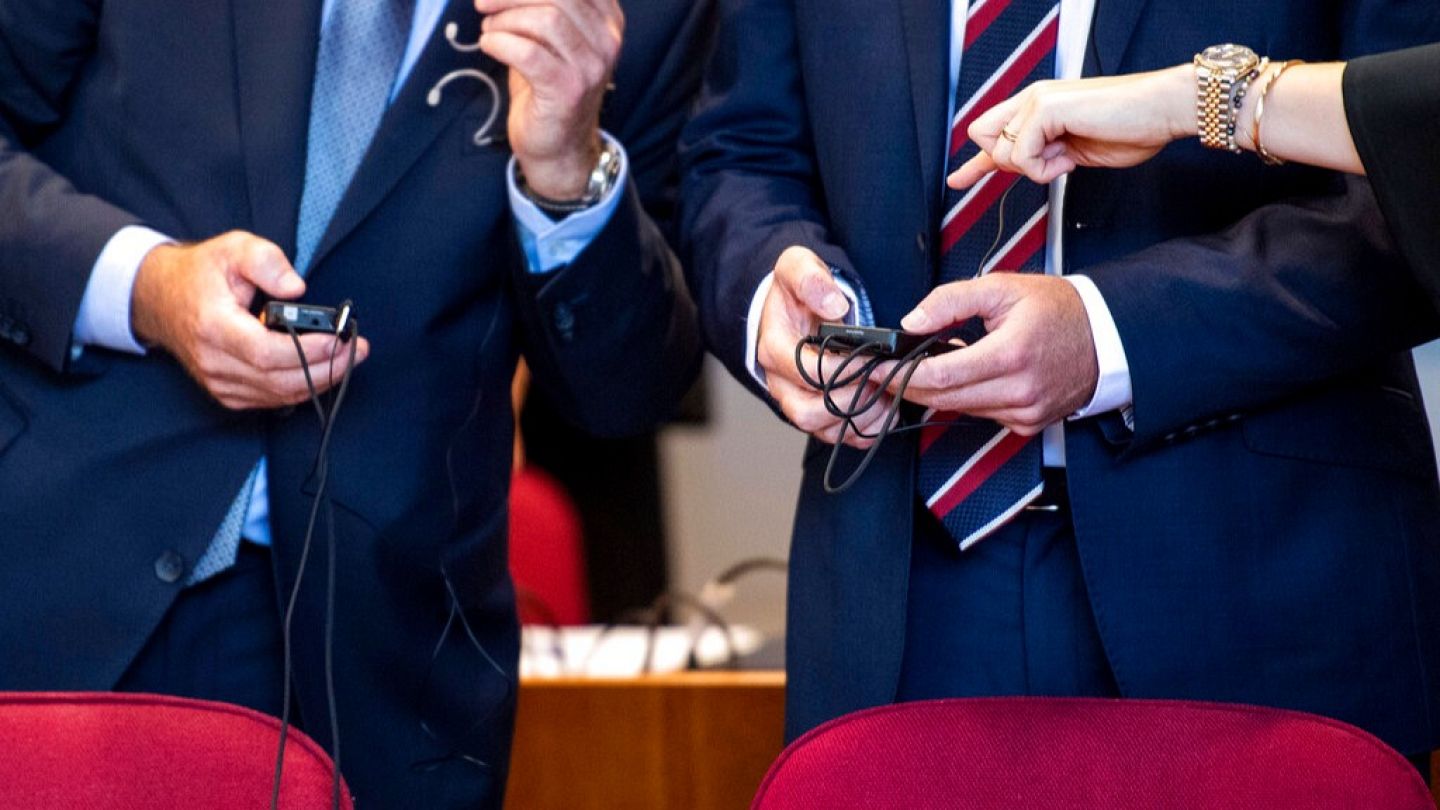Key figure in largest tax fraud case in Germany's history avoids jail time
Former lawyer Kai-Uwe Steck, who played a role in the loss of more than €428m to the German tax authorities, received a suspended jail sentence of one year and 10 months.
Kai-Uwe Steck, a key figure in a massive tax fraud scheme that plagued Germany until 2012, has been convicted for his role in the scandal. Steck, who has cooperated with the authorities in recent years, received a suspended jail sentence of one year and 10 months, far less than the three years and eight months demanded by the prosecution. The former lawyer was also ordered to repay €24 million, €11 million of which has already been returned.As a "central figure" in the fraud scheme Steck contributed to losses of more than €428 million to the German tax authorities, according to the presiding judge in the case at Bonn Regional Court. The 53-year-old was a tax lawyer who worked alongside Hanno Berger, the so-called "mastermind" of the scandal that became known in Germany as "Cum-Ex".Like Berger, Steck was accused of designing and implementing complex share transactions that allowed multiple parties to claim illegitimate tax refunds on dividend payments. Despite the significant role he played in the scandal between 2007 and 2011, Steck's cooperation with authorities and his role as a whistleblower in the case meant he avoided a stricter sentence. His former colleague Berger was convicted to eight years in prison in 2022. The "Cum-Ex" scandal — considered to be the biggest tax fraud case in German history — prompted an avalanche of lawsuits and cast a shadow on politicians, including former German Chancellor Olaf Scholz.Scholz was accused of protecting a local bank — during his time as the mayor of Hamburg — that was found guilty of participating in the scheme. The former German leader has always denied any wrongdoing, with prosecutors deciding to drop the case against him due to insufficient evidence. German authorities have so far recovered approximately €3.4 billion through several convictions and court cases. However, tens of billions of euros are still missing. Other investigations into the remaining lost funds are ongoing.


